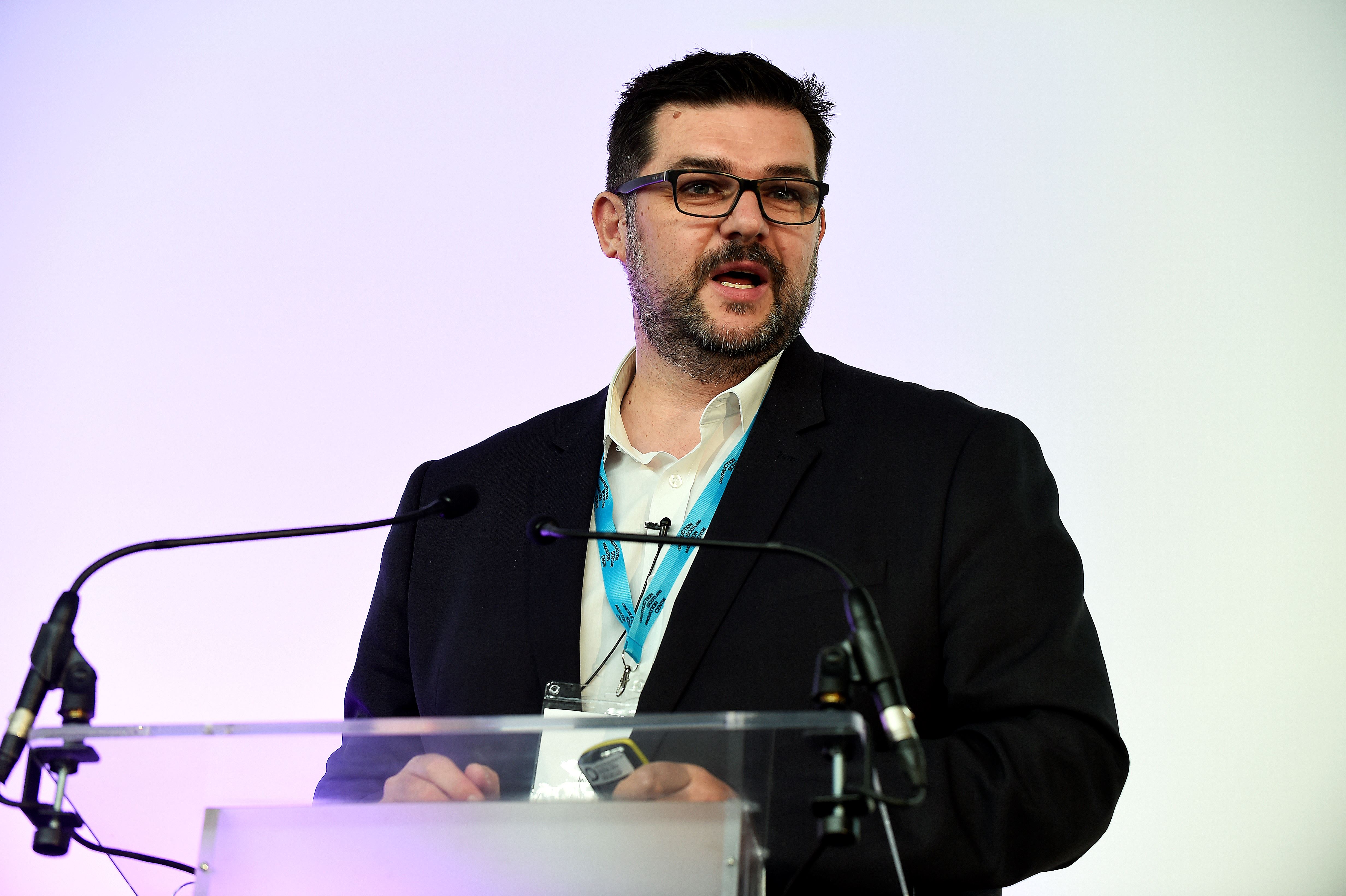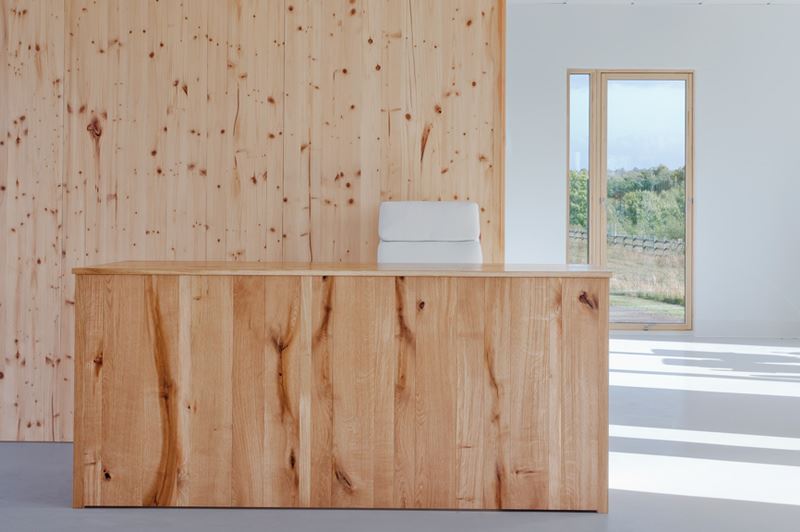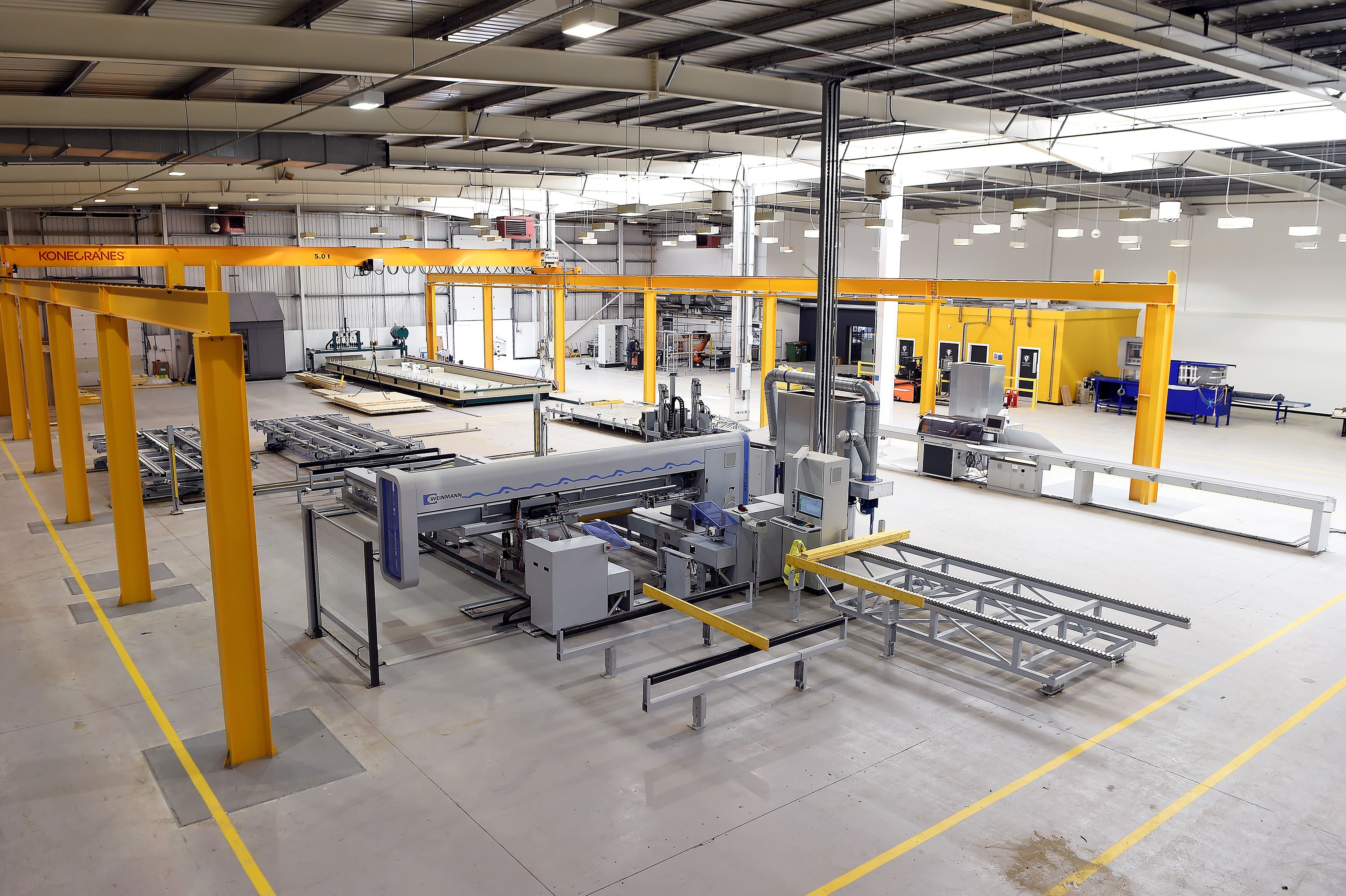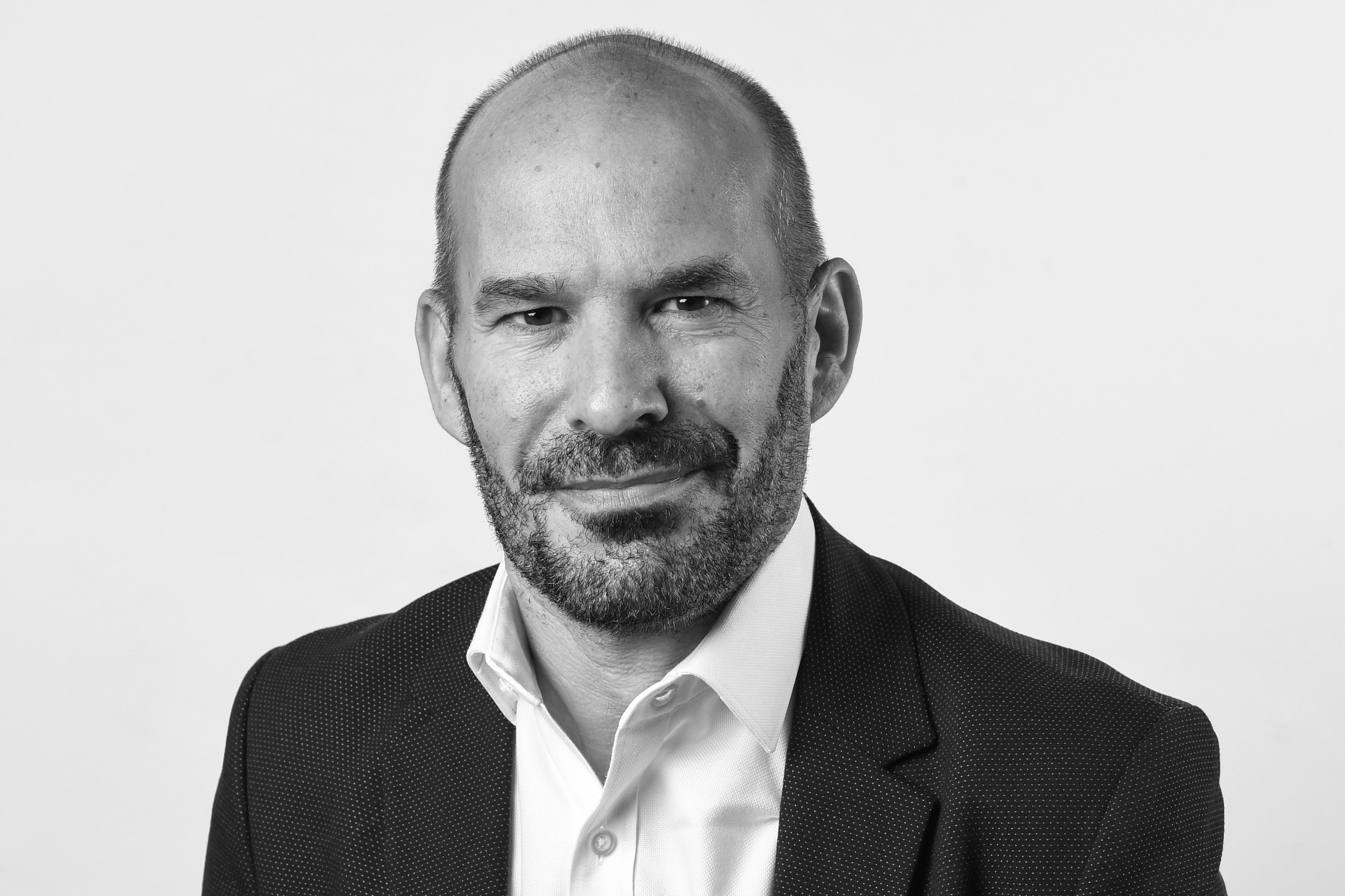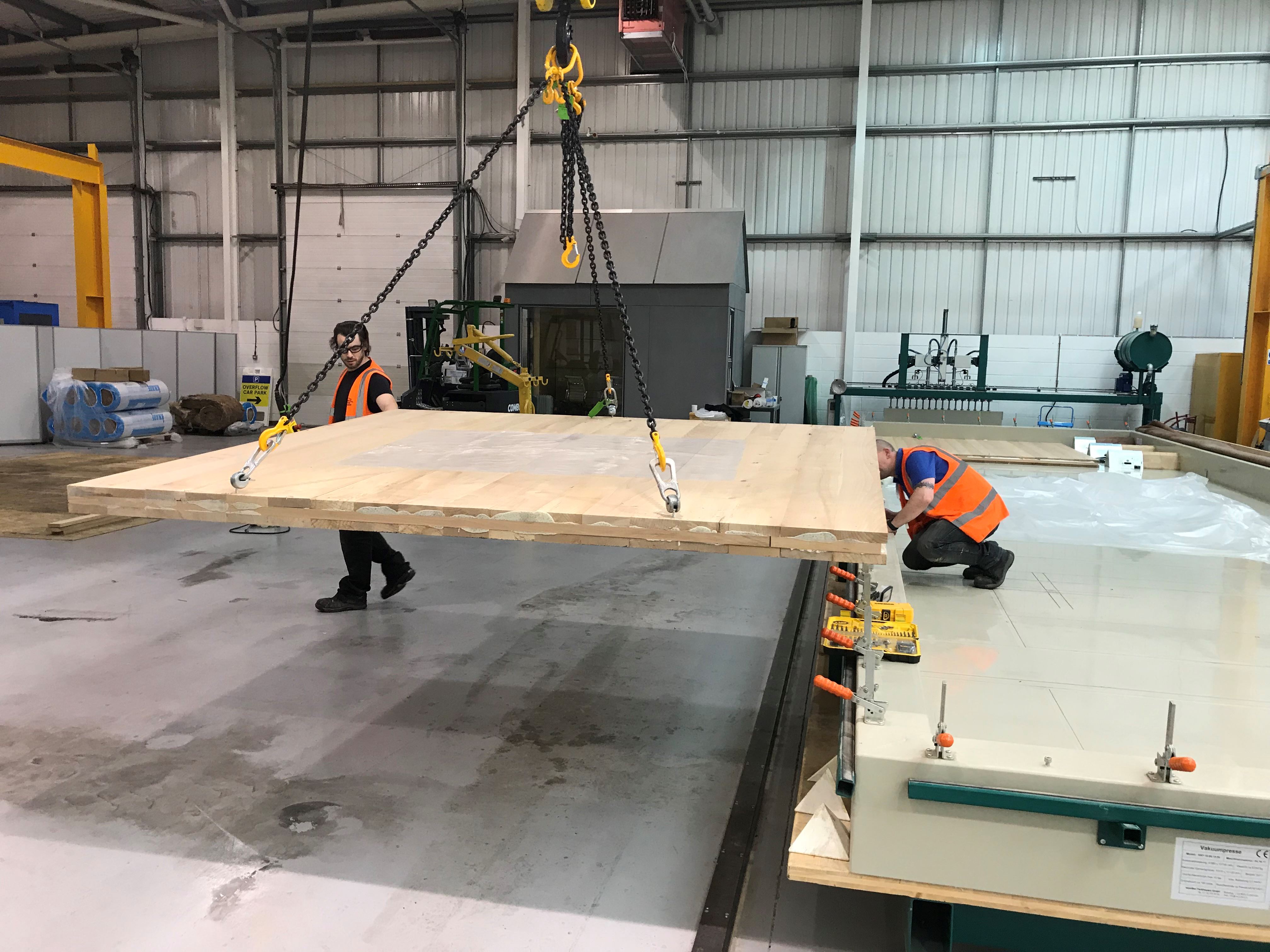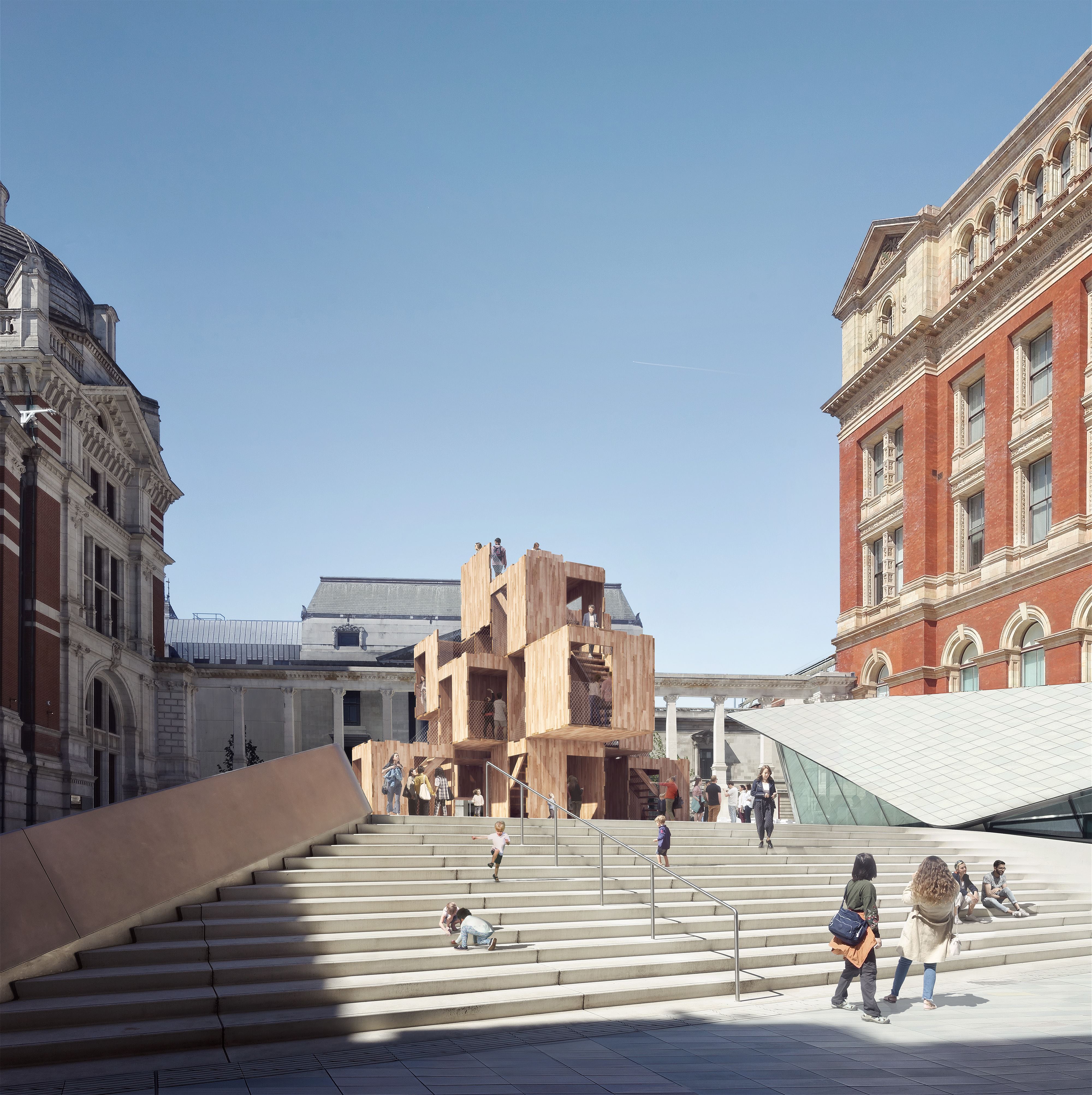Content
BE Better: Navigating neurodiversity in construction with Richard Gwilt
Equality, diversity and inclusion is the focus of this series of BE-ST's Accelerate to Zero Podcast. Hosted by Heads of Stakeholder Engagement, Kirsty Duncan and Danielle Miller, this week’s episode is with Richard Gwilt, Digital Construction Manager at Kier who was diagnosed with autism as an adult.
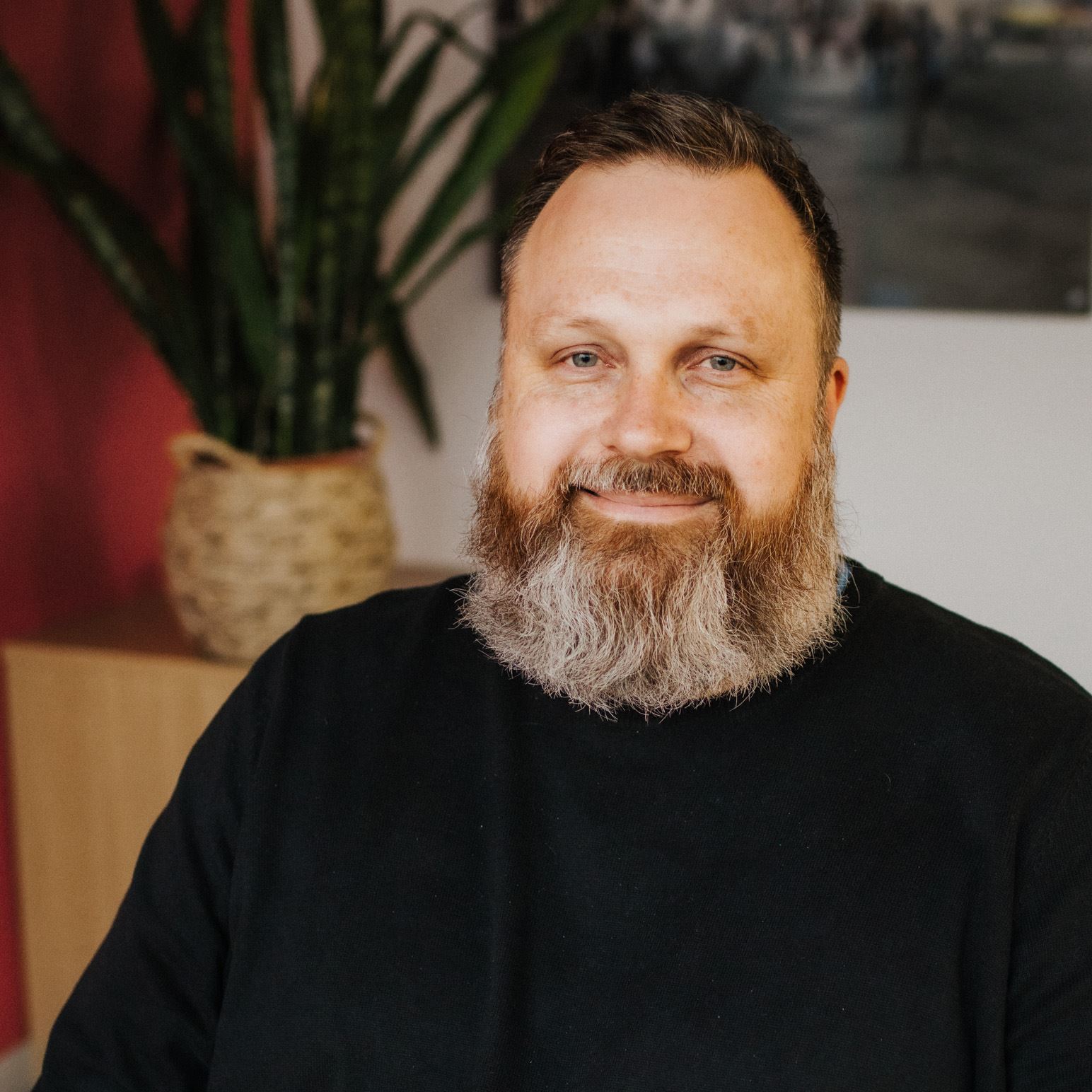
Richard shares his experiences openly in this episode, exploring his unique career journey and shedding light on the challenges and victories of navigating neurodiversity in the construction industry.
To start, neurodivergent and neurodiversity are umbrella terms for the many ways a person's brain processes information. Some of the most common types are ADHD, dyspraxia and autism.
Richard’s career path
Richard's career path is anything but conventional. At school he struggled without a diagnosis of autism or dyslexia and went on to join the army where he found a sense of purpose and comfort in the structure it brought him. Attracted by the diverse opportunities, Richard then began his career in the construction industry.
Diagnosis and the impact of neurodivergence
Richard was diagnosed with autism later in his life. He acknowledges that an earlier diagnosis might have made a positive difference on his school experience by easing some of his anxieties and giving him a better understanding of his own needs.
He candidly shares his struggles with social interactions, emphasising how observation and adaptation over time have helped him to build connections with people, even if it means portraying a version of himself aligned with societal expectations.
Being neurodiverse is being human, and as soon as you say it's a superpower, you're either putting someone on the podium or separating them from humanity. Neurodivergent people do have a lot of valuable skills but it should be recognised that this benefit often comes with a deficit in other areas that the individual will be expending large amounts of energy for coping mechanisms in order to interact with a world which is not built to accommodate them Richard Gwilt, Digital Construction Manager at Kier
Advice for neurodivergent people in construction
Richard attributes his distinctive perspective and strong problem-solving skills to his neurodivergence. Although at times, these attributes have created challenges for him, they have also been his strengths throughout his career.
Richard's advice for neurodivergent people considering a career in construction is to find something you enjoy. He says "Find something that you enjoy doing, that you're going to be interested in and be able to engage with. Because if you don't enjoy doing it, if you don't like doing it, no amount of assistance is going to make you have a good time at work.”
For him, this was problem-solving – something which is an important skill for success in the construction industry.
Inclusive recruitment
Kirsty and Danielle ask Richard about how the construction sector can make its recruitment processes more inclusive. He tells them about a project on dyslexia that highlighted the cognitive strengths of dyslexic people, particularly their proficiency in three-dimensional thinking.
To make recruitment more accessible, he suggests that companies take practical steps like using different approaches for applications and pre-sharing interview questions. Richard also stresses the importance of hiring managers understanding neurodiversity and adapting to varied personalities during interviews. He believes that these changes can benefit businesses by broadening the talent pool and creating a more inclusive workplace.
The DIveIN Conference
If you’d like to improve the inclusivity of your business, attending the DIveIN conference is a great first step. Taking place in Glasgow on the 29th of February, the conference provides the opportunity for companies to learn from experts about the EDI challenges in the built environment and to receive support to address these.
If you are interested in starting your organisation’s EDI journey in a safe and supportive environment sign up for a free ticket here.
Accelerate to Zero podcast
-
Ep 601: Emily Carr, Kier North & Scotland
-
Ep 602: Michael & Pheona Matovu, Radiant and Brighter
-
Ep 603: Richard Gwilt, Digital Construction Manager, Keir Group
-
Ep 604: Aurora Tallon, Chair of Women Property for Central Scotland and Senior Architect at BakerHicks
-
Ep 605: Martin Griffin, Principal Geotechnical Engineer, GHD & award winning ED&I champion
